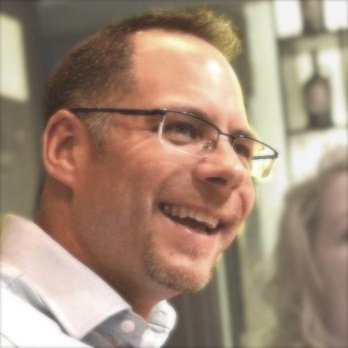Plone: The DNA of a Successful Open Source Community
This is the slides and audio of a talk I gave at the University of Bristol to a class of 2nd year Computer Science students as part of an Advanced Software Engineering module.
The talk was on the symbiotic relationship between an SME software company (Netsight) and an Open Source Community (Plone).
